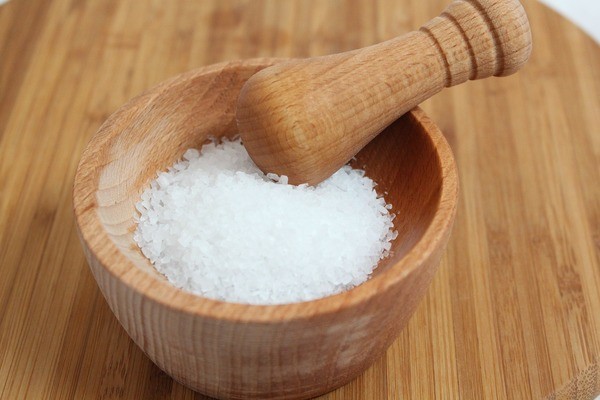
Advertisements
Did you know that our word for salary comes from the Roman soldiers receiving part of their pay in salt. Salt is important to world history and allowed us to preserve meat. Salt is also important to how well your body operates. Too little salt in your diet is dangerous.
However, most Americans get too much salt in an average diet. Processed, canned, and freezer meals are generously salted to make the food taste better.
What happens if you eat too much salt? The results can be disastrous and some of them might even surprise you.
1. Kidney Disease
Salt makes your body retain water. Your body is trying to balance the salt ratio by holding on to water. Your kidneys have to work harder to filter out all the excess water. With more water in your blood stream, arteries get “over pressurized.” This creates strain on the arteries that lead to the kidneys.
Eventually, that strain causes damage and kidney disease. If left untreated, you may experience kidney failure and death without expensive and painful medical intervention.
2. High Blood Pressure

As your body tries to dilute salt in the blood by holding onto water, the increased volume causes blood pressure to increase. Blood pressure measures how hard your heart works to pump blood through arteries.
The tiny arterial muscles respond by getting thicker and stronger. As a result, the space within the arteries decreases and makes blood pressure even higher. Eventually, the arteries burst or become clogged. The first can be immediately fatal. The second can cause organ damage and eventual death.
3. Heart Attacks
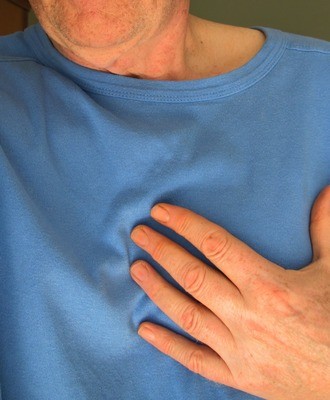
Increased blood pressure damages heart arteries. The first symptom is often angina – sharp pain while being active. Continued lack of blood and therefore oxygen to the heart damages the heart muscle.
Eventually, too much salt leads to burst or clogged arteries. The part of the heart no longer getting blood dies and you experience a heart attack.
Reducing salt helps slow the progression of heart disease. Surprisingly, too little salt can also lead to heart disease. Talk to your doctor if you have questions.
4. Brain Issues
Advertisements
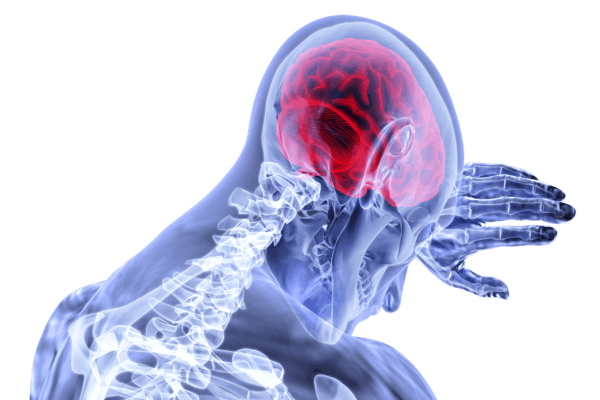
Increased blood pressure damages brain arteries. If cells don’t get enough oxygen, they either die or don’t function as well. This can lead to dementia.
As in the heart, brain arteries can become clogged or burst, resulting in a stoke. When this happens, blood flow to parts of the brain is cut off and that part dies. Results can range from mild physical and mental impairments to death.
Controlling blood pressure by decreasing salt intake can reduce chances of dementia and stroke.
5. Cancer
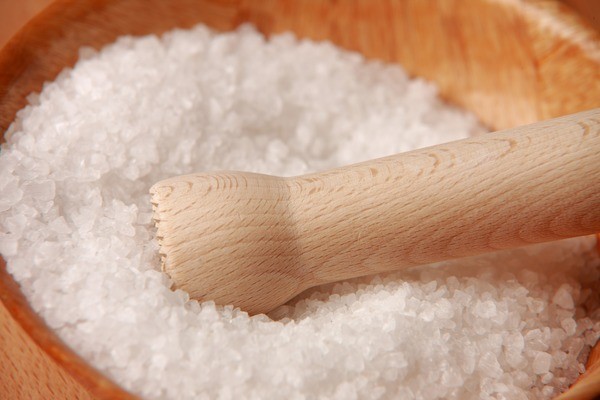
The link between salt and cancer are a bit tenuous, but it exists. Higher intakes of salt /sodium / salty food are linked to stomach cancer.
Whether it is salt or a generally unhealthy diet low in fruit and vegetables is unclear. However, people who eat more salt/salty foods tend to have higher levels of H. pylori, a bacterium that is linked to stomach cancer.
Salt is also linked to obesity and obesity to cancer. Decreasing salt could lower cancer risk.
6. Osteoporosis

Osteoporosis is the thinning of bones with age. There are many causes of osteoporosis from lack of exercise to drinking sodas. However, the more salt eaten, the more calcium is lost.
The more calcium you lose, the thinner your bones are and the more likely they are to break. Reducing salt while increasing food-based calcium and Vitamin D can slow osteoporosis.
Americans get about 4,000 mg of salt a day, resulting in roughly 80 mg of calcium lost a day.
7. Conclusion
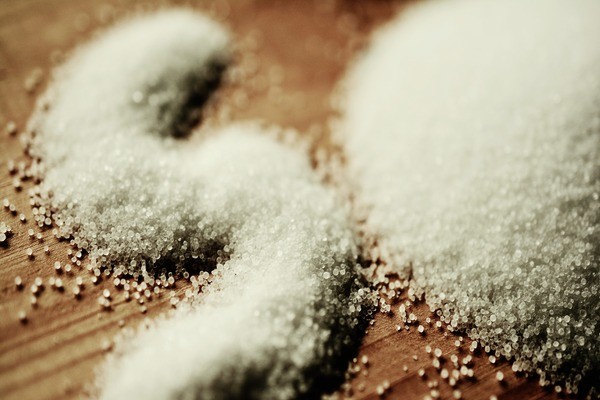
Advertisements
Salt tastes good! We are programmed to seek out salt to help our bodies function. The problem is that we get almost twice the recommended daily intake of salt, mostly (75%) from processed foods.
With all the known health risks, cutting back on salt make sense. Rinse canned foods like beans, cut salt in recipes in half, remove the salt shaker from the table, and cut back on processed foods.
High blood pressure is known as a silent killer because many people with high blood pressure don’t realize it until it is too late. Have your blood pressure checked and then put the brakes on your salt intake. You’ll be heathier and feel better in the long run.



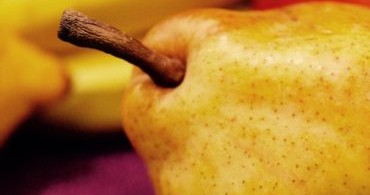
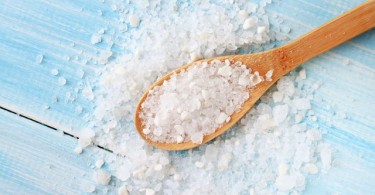
Comments